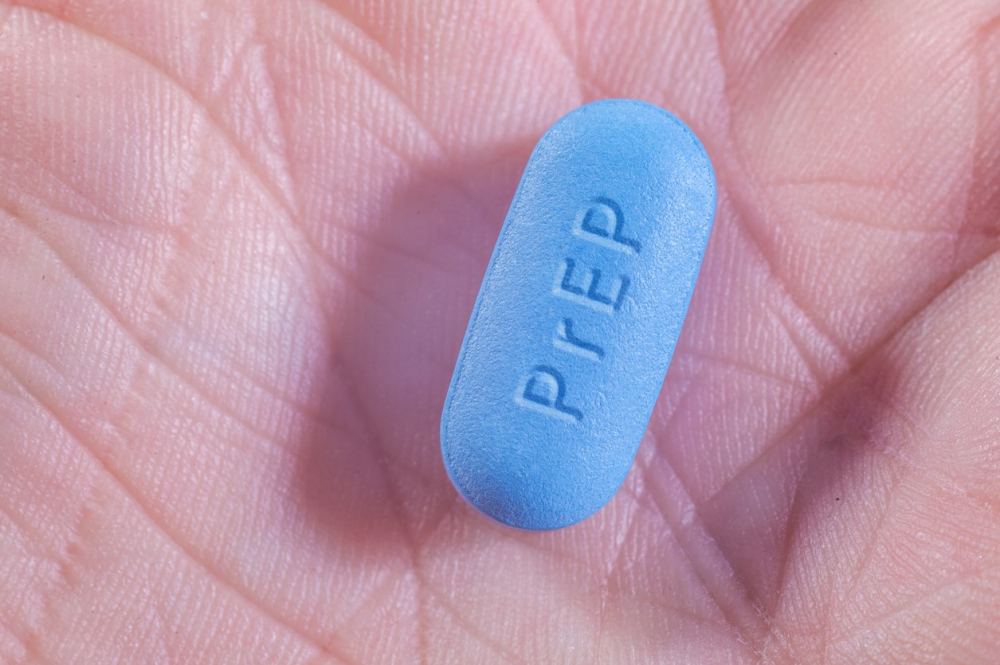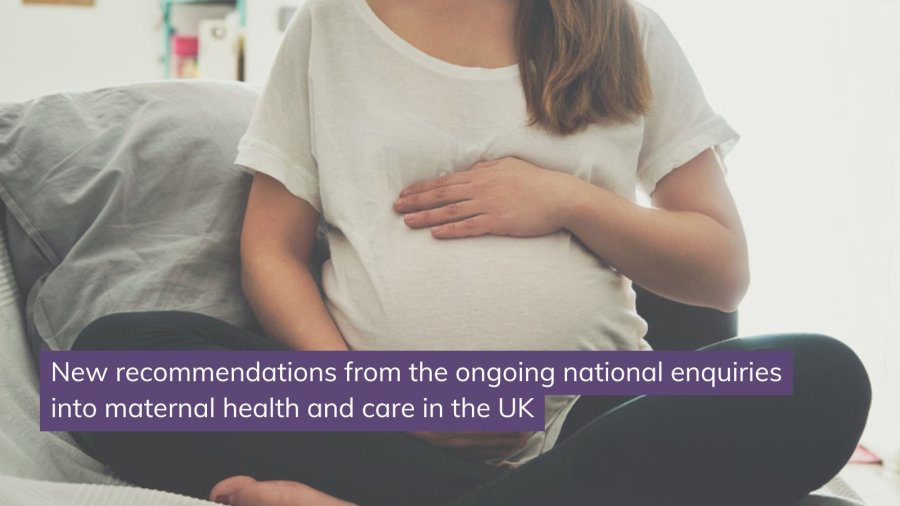Pre-exposure prophylaxis is safe for pregnant women who are at risk of HIV infection

Credit: Marc Bruxelle
Published on Wednesday, 20 March 2024 Post
A new study led by researchers at Oxford Population Health's National Perinatal Epidemiology Unit has found that three commonly-prescribed medicines used to prevent HIV infections during pregnancy are not associated with babies being born too soon or too small.
These findings provide support for the World Health Organization (WHO) recommendation to provide preventative medication to women of reproductive age and pregnant women who are at risk of HIV infection. The results are published in eClinicalMedicine.
In countries where there are high numbers of people living with HIV, pregnant women have a risk of HIV infection that is more than twice as high compared with women who are not pregnant. In these areas, more than one third of HIV infections in babies occur when their mothers are newly infected with HIV during their pregnancy.
Providing medication to prevent HIV infection, known as pre-exposure prophylaxis (PrEP), during pregnancy could play a crucial role in reducing new HIV infections in pregnant women and reduce HIV transmission to their babies. However, PrEP use during pregnancy is often withheld due to limited data on safety during pregnancy. In particular, there have been concerns about whether PrEP might be associated with babies being born too soon or too small, which are major causes of death and disability of children under five years old.
In this study, the researchers reviewed the results from 13 separate studies into different types of PrEP used by pregnant women and whether or not they were associated with 13 different outcomes that could negatively affect their babies' health, such as being born too soon or too small. The 13 studies included data from 8,712 pregnant women from six east and southern African countries.
There was no evidence from the studies that PrEP that was given as a daily pill or via a silicone ring placed inside the vagina was associated with any negative effects on babies' health when compared with babies born to women who did not use any PrEP or other types of PrEP.
Associate Professor Dr Joris Hemelaar, Senior Clinical Research Fellow at Oxford Population Health and senior author of the study, said 'This was the first study to bring together all the available evidence on use of PrEP by pregnant women. The results are reassuring and provide support for the WHO recommendation that oral PrEP is safe for pregnant women who are at risk of HIV infections.
'More evidence is urgently needed to provide definitive advice on the safety of PrEP and we urge researchers conducting studies in this field to ensure that pregnant women are included given their increased risk of HIV infection and the potential harmful effects. This will give women of reproductive age and pregnant women who are at risk of HIV infection adequate tools to safeguard their own health and the health of their babies.'
The authors acknowledge that some of the studies included in the review had limitations, for example discontinuing PrEP during pregnancy, and that there were variations in the timing of PrEP and duration of use, without data to assess the impact of these changes.



